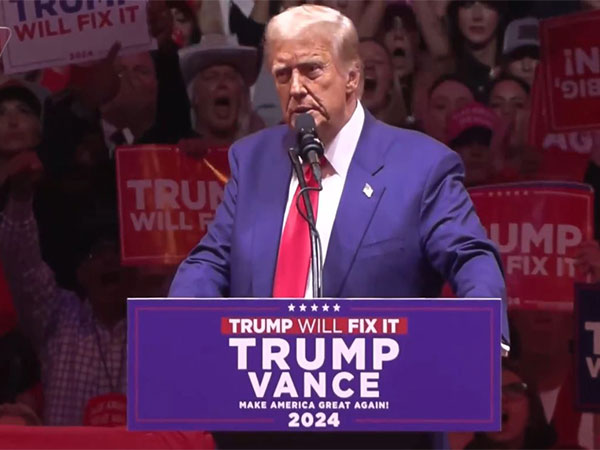COP29: Navigating Climate Finance Amidst Global Tensions
COP29, held in Baku, centers on climate finance, aiming to set a new financing target to aid developing countries with climate costs. Key issues include reforming global lending, fossil fuel transition, and carbon market rules. Adaptation, transparency, and loss and damage funding are also on the agenda.

This month's U.N. climate summit, COP29, in Baku, Azerbaijan, is focused on determining annual financing for developing countries grappling with climate-related expenses. Dubbed the "climate finance COP," it's set against the backdrop of geopolitical challenges, including the re-election of U.S. President Donald Trump.
The summit will address several critical issues, including the New Collective Quantified Goal (NCQG), aimed at establishing a higher annual climate finance target post-2020. Wealthy nations are negotiating a broader strategy to involve private capital in this funding, amidst discussions on contributions from fast-developing countries like China and Gulf oil states.
Other key agenda items include transitioning away from fossil fuels, setting rules for carbon markets to ensure environmental integrity, boosting transparency through Biennial Transparency Reports, and advancing frameworks for adaptation and funding for climate-related losses.
(With inputs from agencies.)










